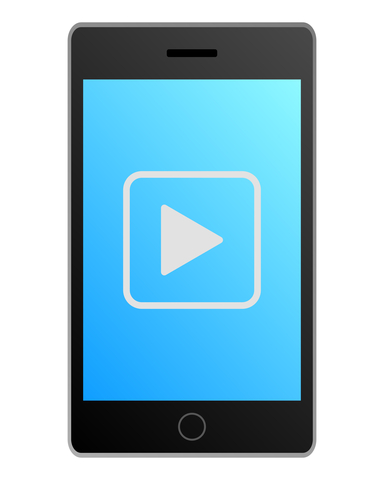
Training sales reps at life sciences organizations has grown more complex than ever before. Despite geographically dispersed sales teams and shrinking budgets, there’s still an increased demand for performance coaching. How can training departments ensure that remote teams absorb critical product and company knowledge and develop the skills they need to increase sales without spending precious time and money on frequent in-person coaching?
At the heart of every traditional life sciences sales training program lies online certifications and event-based training. However, these traditional training methods aren’t effective. Modern-day sales teams simply can’t maximize their learning and retention of information when they’re flown to an annual sales conference in Miami or Las Vegas and pumped full of content that they won’t use right away with prospects. In fact, it is estimated that 84 percent of information conveyed at a sales training event is forgotten within 90 days. When reps don’t remember what they learned, they often make things up when meeting with customers, which can lead to message inconsistency.
The sales training solutions of the past are no longer enough to address the changing needs of sales teams. As such, there needs to be a heavier reliance on solutions that provide quick and easy ways to train and coach remote teams, help them retain knowledge, increase collaboration, boost company and individual employee performance, and finally, have a positive impact on that bottom line.
Harnessing the Power of Mobile and Video
Mobile video solutions are increasingly emerging as the media of choice for businesses and consumers alike to share and absorb content and stay connected. In fact, the number of hours that people spend watching videos on YouTube was up 60 percent in 2015, the fastest growth the company has seen in two years. According to Forrester Research, 75 percent of employees were more likely to check out video lessons than read the usual documents, emails and web articles. With research showing that 65 percent of people are visual learners, processing visuals 60,000 times faster than text, training solutions should capitalize on this trend.
For sales organizations, a mobile solution is critical to enable teams to collaborate and access crucial information when and where they need it, whether on the road – in an airport, hotel, or conference room – or at home base in the office. The accessibility of mobile and the storytelling strength of video enables managers and sales reps to maximize their collaboration through role play and video-based practice, promoting continuous learning and improving sales performance.
Medtronic Transforms Role Play with Mobile Video
Medtronic has a very large sales organization, with more than 3,000 individuals spanning clinical, management, field sales and sales leadership – all of them remote. They were looking for a way to improve sales training, leadership development and collaboration across the group.
As a starting point, they took a close look at how training and collaboration is currently done to identify problems and make adjustments where needed. They looked at the tried-and-true best tool for impacting skill development in the area of sales and messaging – roleplay – but knew the way teams were using it in classroom training had its limitations and was not resulting in mastery of messaging. They quickly realized they needed to find a way to engage reps in role play that actually allowed them to master messaging before they were in front of a customer.
What Sales Reps Want…
Knowing the value and challenges of traditional roleplay, they focused on what sales reps want with regard to delivery of training content or learning, which includes:
• On demand — access to content and learning, when and where they need it and can access it.
• Micro learning – small “snack bites” of learning that are targeted to a specific objective.
• Peer-to-peer best practices – not just corporate info, but strategies and insights from the field.
• Video – the best way to learn, as previously referenced.
• To be engaged!
The most common use cases for mobile video at Medtronic include product launches, certification, global messaging rollout and rep and manager coaching. The selected solution allows reps to continue practicing using video roleplay, review and critique themselves and enables them to receive remote coaching in the form of point-in-time feedback from their managers.
Mobile Video Role Play vs. Traditional Role Play
As the team got up and running with mobile video, Medtronic conducted a study to compare traditional roleplay (TRP), like what’s conducted in the classroom, to mobile video roleplay (MVRP). The survey sample included 80 field sales personnel within one division of Medtronic. Respondents perceived MVRP as 54 percent more effective then TRP. Additionally, respondents were asked which aspects of the MVRP platform were most valuable to them. Watching their own videos, increased practice and recording their own role plays ranked most important to reps, followed by access to best practice videos, trainer feedback and manager feedback.
Lessons Learned
Mobile video roleplay has tremendous potential for meeting sales reps’ desire to improve and mobile technology provides a uniquely engaging remote learning solution that reduces the coaching and collaboration challenge of distributed workforces. Just as Medtronic found, a mobile video platform provides a more effective roleplay than TRP and delivers a timelier and more valuable coaching tool. Modern sales organizations can also benefit from adopting these technologies as part of their ongoing sales enablement and training efforts.
Mark Magnacca is president and co-founder of Allego. Email Mark at mmagnacca@allego.com.








